Born Joseph De Veuster in Tremelo, Belgium to a large farming family, Joseph felt called to the religious life despite his father’s plans for him to inherit the family business. After his older brother joined the Congregation of the Sacred Hearts of Jesus and Mary, a missionary religious order, Joseph followed suit, taking the name of Damien in honor of the fourth century physician and martyr. It was his brother who was originally assigned to travel on mission to Hawai’i, and when he proved too ill to make the trip, Damien eagerly volunteered to take his place. He arrived in Honolulu in May 1864, and was ordained shortly thereafter. Facing the difficult life of a “country missionary,” Father Damien devoted every fiber of his being to the task.
At that time, the local government had enacted the policy of quarantine to prevent the spread of leprosy (Hansen’s Disease), isolating those thought to be infected by deporting them to the small remote island of Molokai. Individuals deported to Molokai faced harsh conditions, without proper food, shelter, or infrastructure in place to help them survive. Due to fear of contamination, the ships that took the infected to Molokai would not dock, instead, tossing the sick into the ocean, forcing them to swim to shore, should their strength allow it. Members of the mission, and especially Father Damien, were concerned and moved by the harsh treatment the ill received and spoke with their bishop about it. The bishop was reluctant to order any member of the mission staff to serve the “abandoned” lepers, fearing that the obedience of the mission priests would lead to their infection and eventual death. Nonetheless, four priests volunteered to take 3 month shifts on Molokai, comforting the afflicted. Among them was Father Damien, who after arriving and seeing the condition of the colony, asked permission to remain on Molokai permanently in service to those in need. "I am bent on devoting my life to the lepers," he said. The bishop granted him permission, and his lifelong mission of love, service, and comfort began.
Father Damien brought a ray of God’s hope to the despairing, forgotten residents of the leper colony of Kalaupapa. He became a source of consolation and encouragement, serving as their pastor, the doctor of their souls and of their bodies, and their friend. He ministered to all, without any distinction of race or religion. He gave a voice to those who no one else would speak for, he built a community where the joy of being together and openness to the love of God gave people new reasons for living. Drawing his strength from the daily Eucharist, Father Damien worked tirelessly for God’s people, making him "the happiest missionary in the world", a servant of God, and a servant of humanity.
Over time, Father Damien became a strong advocate for the support of the community, securing government assistance, building schools, churches, an orphanage, and medical facilities. He enlisted the help of the Franciscan Sisters of Syracuse, and with the assistance of Blessed Sister Marianne Cope, created a thriving faith community. For the first time, the residents of Molokai had proper medical care, religious instruction, and hope.
Sadly, Father Damien contracted leprosy following his years of working closely with those who were infected. To his brother he wrote, “I make myself a leper with the lepers to gain all to Jesus Christ.” Despite being ill himself, he treated and counseled his fellow residents until the day before he died. "My face and my hands are already decomposing, but the good Lord is calling me to keep Easter with Himself," he wrote. Father Damien died at peace after a life of service and a struggle against the disease he had so long ministered against. His body, as requested, was buried in Kalaupapa, where some of his relics remain (others were returned to Belgium).
Following his death, the Presbyterian and Congregational churches of Hawai’i adamantly opposed any state-sanctioned recognition of the saint, writing letters, and generally speaking ill of him. The most well-known treatise against Father Damien was written by a Honolulu Presbyterian, Reverend C. M. Hyde. In his letter, Hyde referred to Father Damien as “a coarse, dirty man” whose leprosy should be attributed to his “carelessness.” Robert Lewis Stevenson, also a Presbyterian, who had the privilege of meeting Father Damien during a visit to Hawai’i, defended the life and work of this great saint in a letter to Reverend Hyde which later became well-known. In his letter, he wrote: “But, sir, when we have failed, and another has succeeded; when we have stood by, and another has stepped in; when we sit and grow bulky in our charming mansions, and a plain, uncouth peasant steps into the battle, under the eyes of God, and succors the afflicted, and consoles the dying, and is himself afflicted in his turn, and dies upon the field of honor - the battle cannot be retrieved as your unhappy irritation has suggested. It is a lost battle, and lost for ever. One thing remained to you in your defeat - some rags of common honor; and these you have made haste to cast away… If that world at all remember you, on the day when Damien of Molokai shall be named a Saint, it will be in virtue of one work: your letter...”
Not only has the Church recognized the commitment to social justice and service that Father Damien demonstrated, many world leaders have as well. Mahatma Gandhi said of him, “The political and journalistic world can boast of very few heroes who compare with Father Damien of Molokai. ... It is worthwhile to look for the source of such heroism." Recently, President Obama declared, “Father Damien challenged the stigmatizing effects of the disease, giving voice to the voiceless and ultimately sacrificing his own life to bring dignity to so many. In our own time as millions around the world suffer from disease, especially the pandemic of HIV / AIDS, we should draw on the example of Father Damien's resolve in answering the urgent call to heal and care for the sick."
The life of Saint Damien of Molokai is inspirational at a time when we are quick to divide ourselves along religious, political, social, sexual, health, and many other distinctions. His willingness to treat all, regardless of difference, reminds us that we are all equal in the eyes of the Lord. No one is less important, and none should be beyond our love, our charity, our service. "Not without fear and loathing," Pope Benedict said of the saint, "Father Damian made the choice to go on the island of Molokai in the service of lepers who were there, abandoned by all. So he exposed himself to the disease of which they suffered. With them he felt at home. The servant of the Word became a suffering servant, leper with the lepers, during the last four years of his life. To follow Christ, Father Damian not only left his homeland, but has also staked his health so he, as the word of Jesus announced in today's Gospel tells us, received eternal life." The figure of Father Damian, Pope Benedict XVI finished, "teaches us to choose the good fight not those that lead to division, but those that gather us together in unity."
Selected writings of Father Damien of Molokai:
“The Blessed Sacrament is indeed the stimulus for us all, for me as it should be for you, to forsake all worldly ambitions. Without the constant presence of our Divine Master upon the altar in my poor chapels, I never could have persevered casting my lot with the afflicted of Molokai; the foreseen consequence of which begins not to appear on my skin, and is felt throughout the body. Holy Communion being the daily bread of a priest, I feel myself happy, well pleased, and resigned in the rather exceptional circumstances in which it has pleased Divine Providence to put me.”
“I find my consolation in the one and only companions who will never leave me, that is, our Divine Savior in the Holy Eucharist… It is at the foot of the altar that we find the strength necessary in this isolation of ours. Without the Blessed Sacrament a position like mine would be unbearable. But, having Our Lord at my side, I continue always to be happy and content. . . . Jesus in the Blessed Sacrament is the most tender of friends with souls who seek to please Him. His goodness knows how to proportion itself to the smallest of His creatures as to the greatest of them. Be not afraid then in your solitary conversations, to tell Him of your miseries, your fears, your worries, of those who are dear to you, of your projects, and of your hopes. Do so with confidence and with an open heart.”
“Were it not for the constant presence of our Divine Master in our humble chapel, I would not have found it possible to persevere in sharing the lot of the afflicted of Molokai… The Eucharist is the bread that gives strength… It is at once the most eloquent proof of His love and the most powerful means of fostering His love in us. He gives Himself every day so that our hearts as burning coals may set afire the hears of the faithful.”
Saint Damien Prayer
Saint Damien, brother on the journey,
Happy and generous missionary,
who loved the Gospel more than your life,
who for love of Jesus left your family,
your homeland, your security, your dreams,
Teach us to give our lives
with a joy like yours,
to be in solidarity with the outcasts of the world,
to celebrate and contemplate the Eucharist
as the source of our commitment.
Help us to love to the very end
and, in the strength of the Spirit,
to persevere in compassion
for the poor and forgotten
so that we might be
good disciples of Jesus and Mary.
Amen.
Year 2: Day 130 of 365
Prayer Intentions: Love for all, including those who are different from us; Unity in Christ; Hearts of service; For all the sick.
Requested Intentions: Successful resolution to legal proceedings (N); Freedom from worry and successful employment (M); For successful sale of home and freedom from debt (J); Freedom from pain and illness (E); For successful living arrangements, travels, health, and studies (F); Healing, successful studies, financial success (F); For husband’s successful employment (Y); For children’s faith journey; Recovery of a friend suffering from addiction (M); Successful employment (P); Obedience to the will of the Lord (J); Financial recovery (S); Freedom from evil influence (I); Recovery from illness (J); Freedom from addiction (J); Successful transplant surgery (K); Healing for a daughter (T); Acceptance into school (V); Successful immigration; for a sister’s career and marriage (F); Financial recovery; Successful ministry (A); Financial ability to send children to school (S); Safe return of a runaway (J); Healing of a family (J).







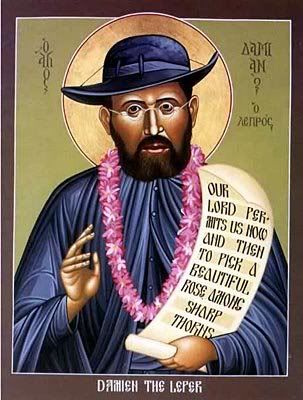
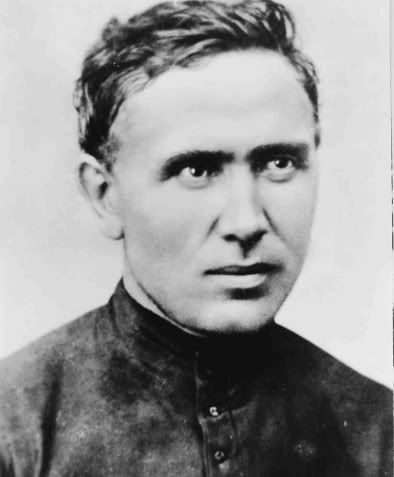
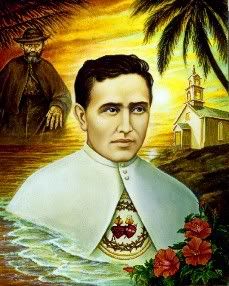
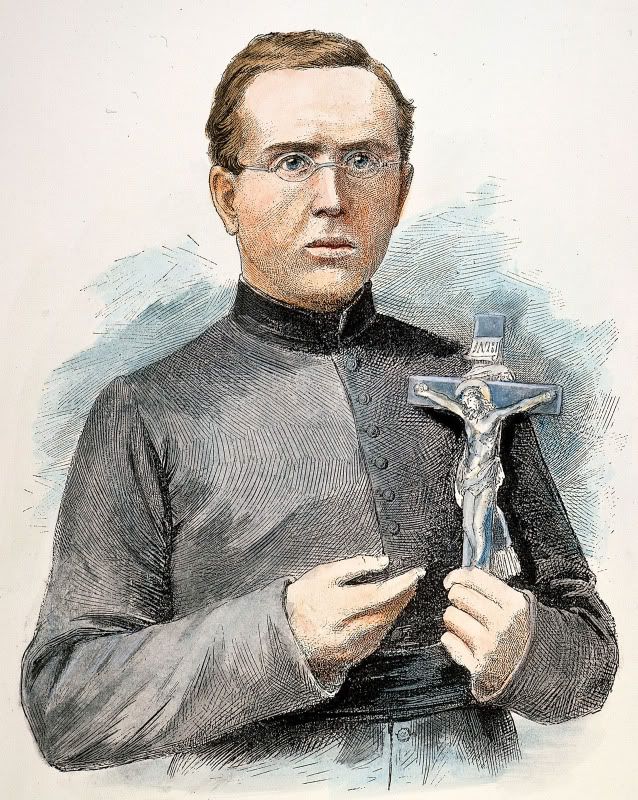
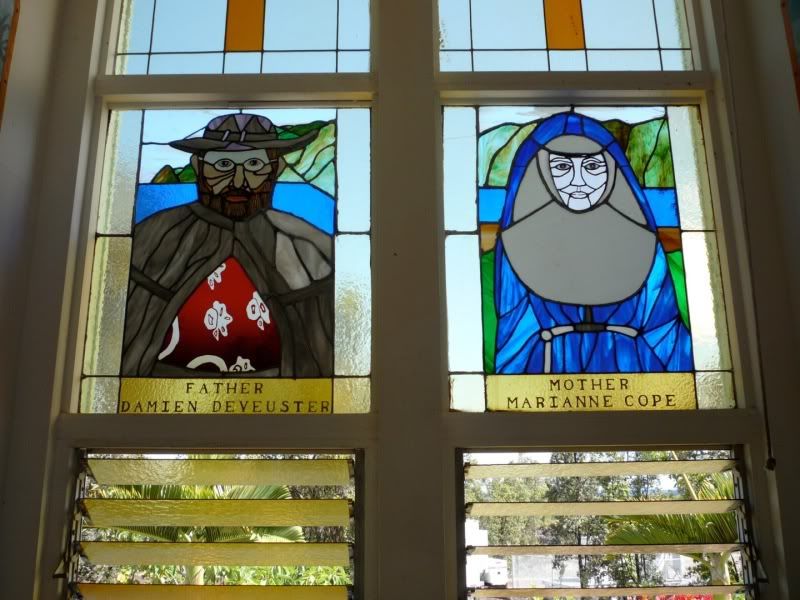
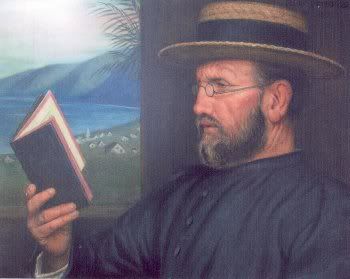
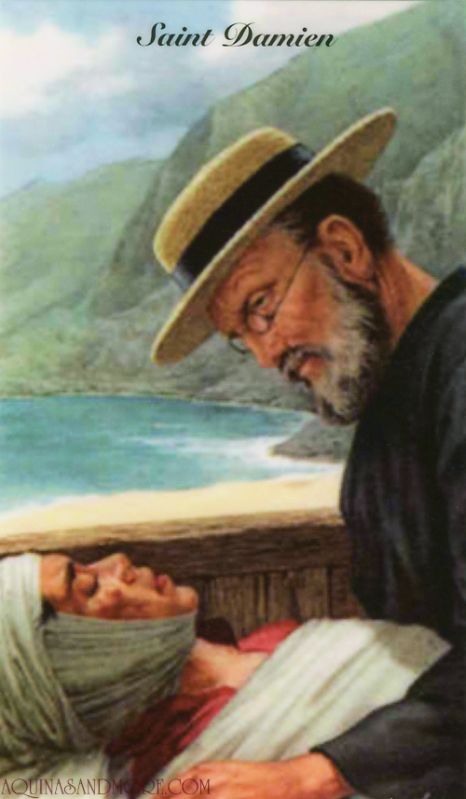
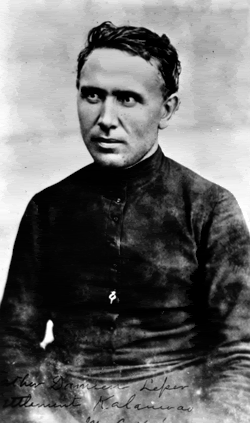
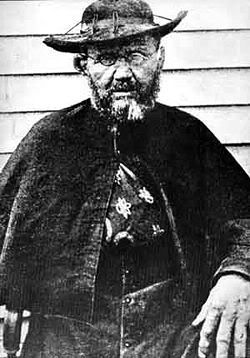
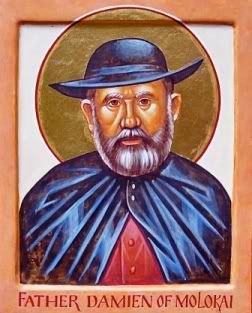
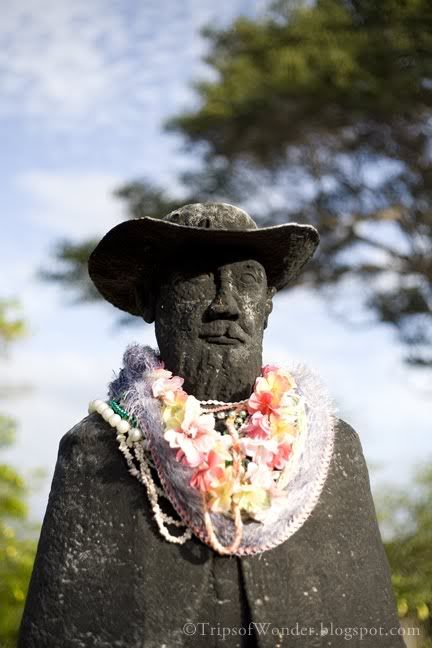
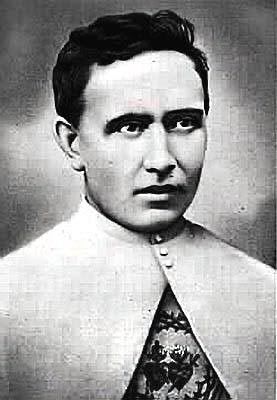
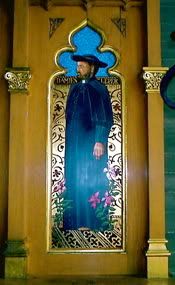
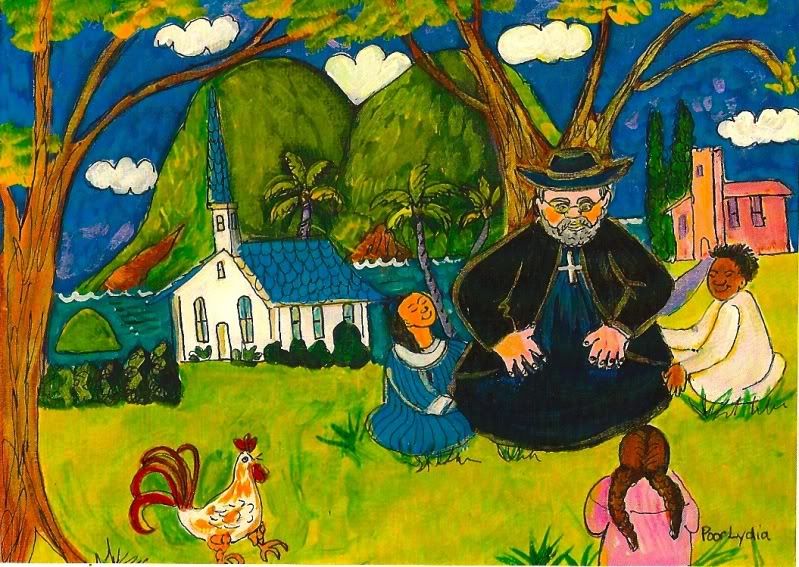
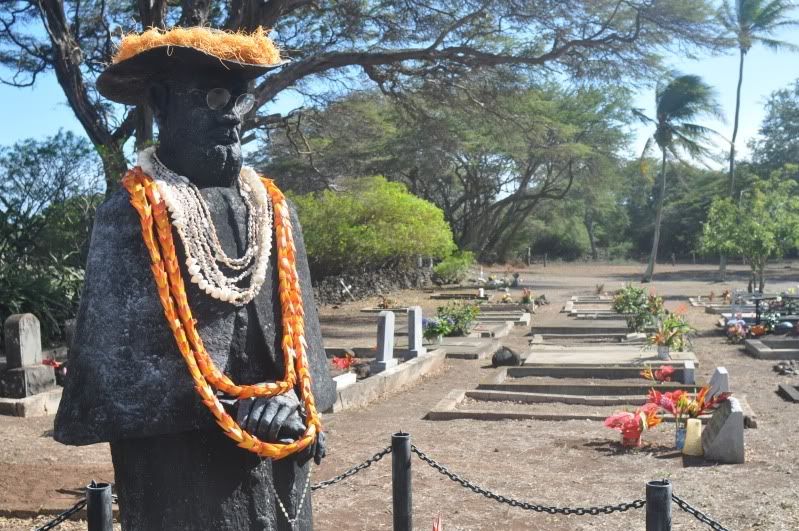
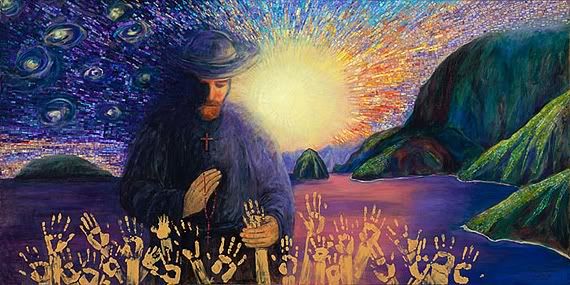
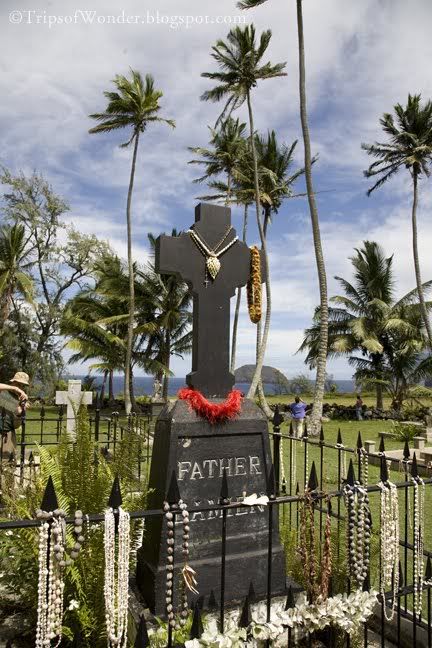
0 comments:
Post a Comment
Thanks for leaving a comment. If you wish to submit a prayer request, however, please do so above, using the "Contact" tab.